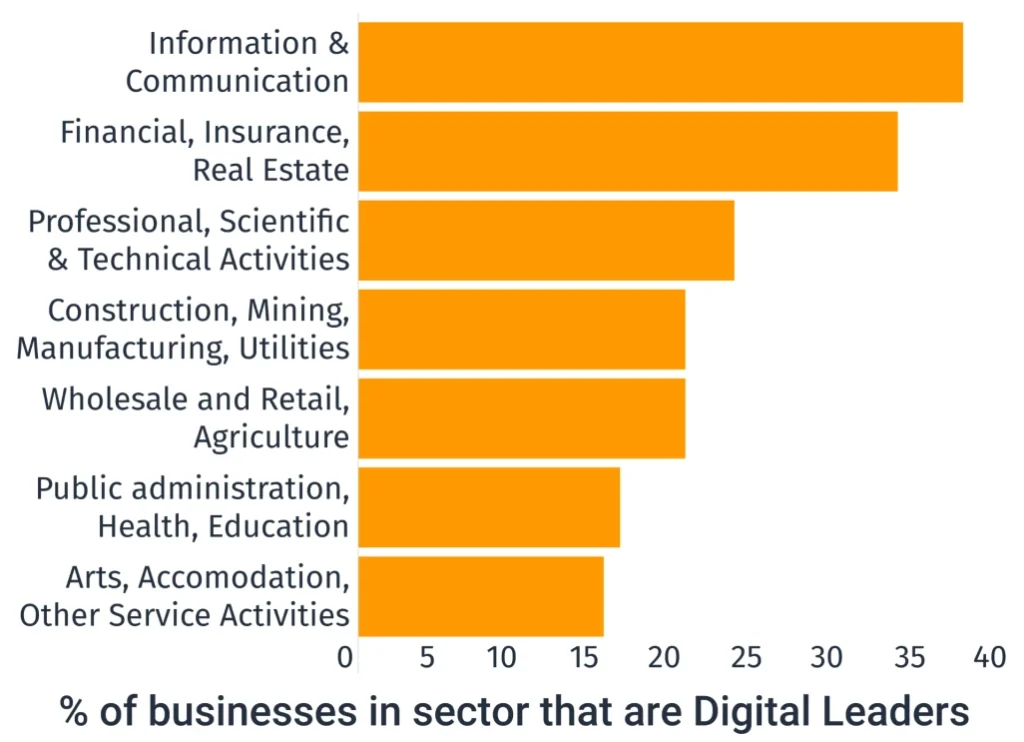This brings the cloudco’s investment pledges in the UK to £11bn since 2020
Amazon Web Services (AWS) has announced a five-year plan to invest another £8 billion (€9.477 billion) to build and run data centres in the UK.
AWS claims this will contribute £14 billion to the country’s GDP over the five-year period and support about 14,000 jobs annually in local businesses, including jobs in the supply chain for its datacentres.
AWS invested £3 billion in datacentre infrastructure in the UK between 2020 and 2023, having launched its first AWS region in the country in 2016 – there are more than 30 such ‘regions’ across North America, Europe and Asia. UK expansions since 2016 have included three Availability Zones (AZ), two WaveLength Zones and two Edge Locations.
Rachel Reeves, the UK’s Chancellor of the Exchequer, said it “marked the start of an economic revival” and showed that Britain was “a place to do business”.
AWS explained it wanted to “support the transformation of the UK’s digital economy”.
According to survey of its customers, commissioned by AWS and carried out by Public First, 84% said their business had saved money as a result of investing in cloud infrastructure, with an average cost saving of 28% versus using on-premises infrastructure.
About two-thirds of respondents said they had also reduced energy consumption and improved sustainability as a result of using the cloud.
AWS said, “If the UK can help just half of small and medium businesses (SMBs) who aren’t currently Digital Leaders (see graph below, from AWS) to adopt technologies such as cloud computing and AI, this could create an estimated £38 billion in additional value for the UK economy over the next five years.

“These benefits would be spread across all nations and regions of the UK, creating, for example, an additional £2.5 billion in economic value in the West Midlands, and £3.9 billion in economic value in the North West, both over the next five years.”
According to research conducted by Gallup for AWS, 72% of businesses surveyed in the UK have a vacancy for workers with digital skills, but only 11% of UK workers possess advanced digital skills.



